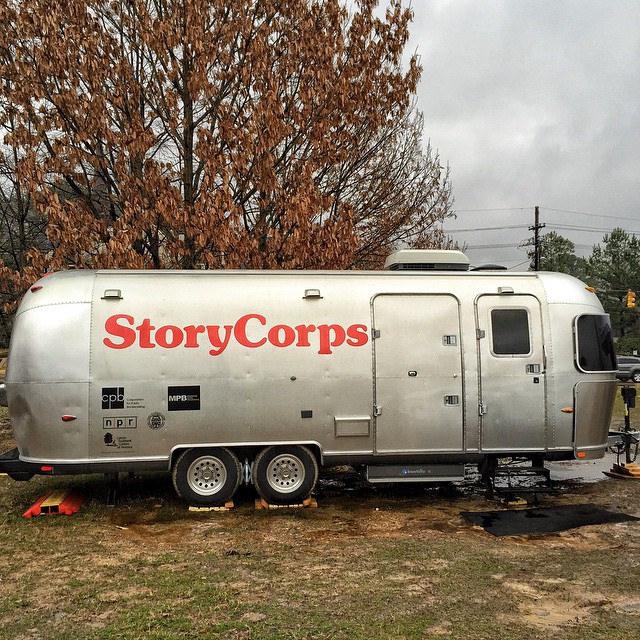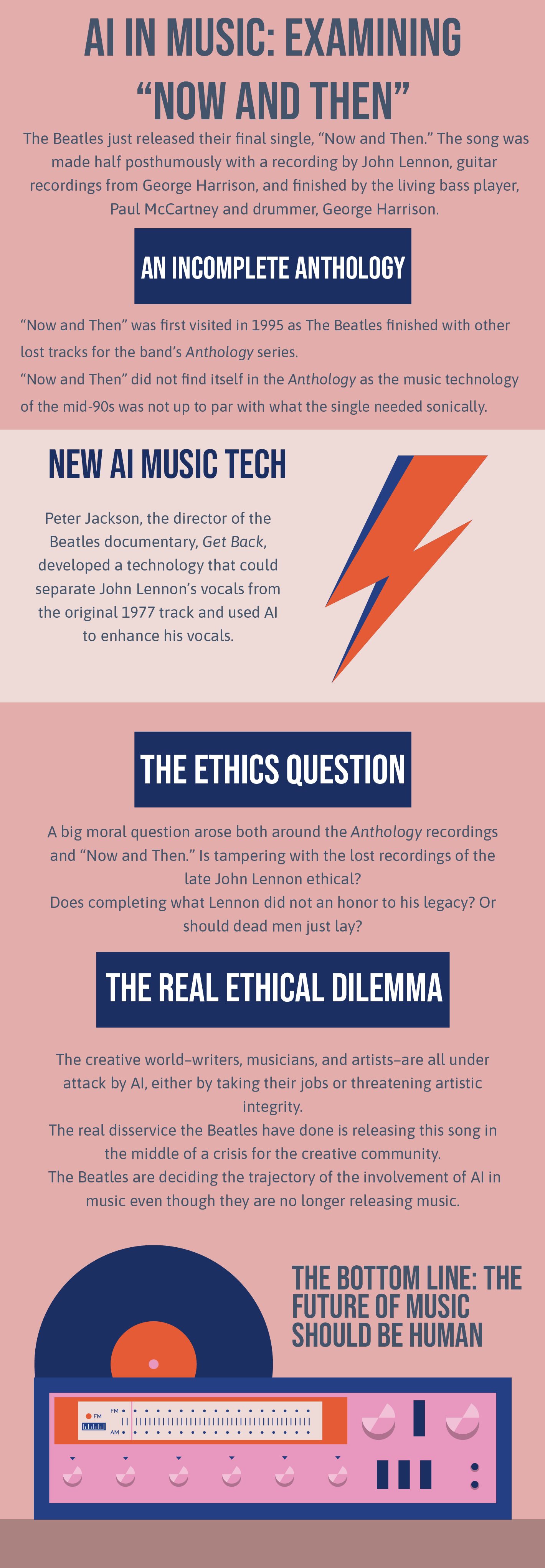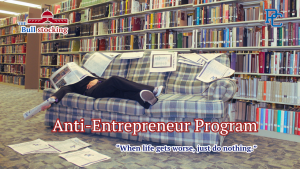PC’s Textile Mill Memory Project receives national attention with StoryCorps
February 18, 2016
Last December, Clinton natives Lumos Byrd Jr. and Boyd Nelson sat in conversation in James H. Thomason library, recalling what life was like during the days of Jim Crow. Nelson remembered the Klan parading down South Bell Street, as well as an occasion when he was ordered to leave a drugstore after sitting on a barstool designated for white customers. Byrd commented that race relations in Clinton had improved since then, but that there was still work to be done.
“We have learned to coexist with each other, but we don’t have racial harmony. It’s something we have to continue to work on,” Byrd said.
Presbyterian College hosts The Textile Mill Memory Project (TMMP), spearheaded by Dr. Kendra Hamilton, Professor of English and Southern Studies at PC. This project, funded by an Andrew W. Mellon grant, centers on preserving the history and memories of mill life in Laurens County.
One important element in this multi-year initiative is collecting oral histories from individuals with connections to local mills. The TMMP received a notable boost when StoryCorps came to PC last December to record a series of oral histories in tandem with the TMMP. Byrd and Nelson’s interview emerged from this event.
StoryCorps is a national non-profit whose mission is “to preserve and share humanity’s stories in order to build connections between people and create a more just and compassionate world.” Representatives from StoryCorps facilitate oral history collection by interviewing pairs of individuals, so that participants reach a level of conversational comfort that is often hard to achieve in a traditional interview format. Segments of oral histories recorded by StoryCorps are often broadcasted by National Public Radio (NPR).
Dr. Hamilton first encountered representatives from StoryCorps at an oral history workshop in Atlanta, GA, where they became interested in the TMMP. As contact between Hamilton and StoryCorps continued, StoryCorps proposed to send a team of facilitators for three or four days of interviewing. Dr. Dave Chatham, Director of James H. Thomason library, was integral in recruiting interviewees. Determined to fully capitalize on the opportunity to work with StoryCorps, Chatham ultimately recruited 45 local individuals to participate across four days.
“My understanding is ours was only the second field recording project they conducted in 2015. So to have them come to Clinton was an honor, and to have them come for four days obviously was something special.”
While recruiting, Chatham pursued individuals who had worked in the mills and lived in local mill villages, as well as individuals who had lived in other parts of town during the mill era. Typically, participants recruited their own partners. In one instance, Chatham himself took a partner role, rounding out the 23rd pair as partner to Emily Bailey, a member of the mill-owning Bailey family.
Chatham complimented the two participating StoryCorps facilitators on their adept listening and questioning skills, as well as their ability to make interviewees feel at ease.
“Sharing stories with each other that come from the heart, that’s my understanding of the power of StoryCorps,” Chatham said. “They believe in the power of storytelling to bring history alive. That’s not to say that any one story represents the truth, but rather that it’s valuable to hear the honest variations and recollections of personal experience if one is to gain a deep understanding of history as the human record of what has past.”
Chatham also expressed his appreciation for the James H. Thomason library staff for continuing to provide excellent library services while his attention was focused on the TMMP collaboration with StoryCorps.
Another important contributor to the TMMP is Dr. Anita Gustafson of the PC History department, who oversaw student collection of oral histories as part of the Summer Fellows research program in 2015. She observed that while Clinton is a small town, its history has a larger importance.
“I would emphasize the significance of this local history to the larger history of the American textile industry . . . it’s really important we capture those memories and make them part of the historical record.” Gustafson said.
Proof that Clinton’s history, like Gustafson, says, is bigger than you might think: Byrd and Nelson’s StoryCorps interview was picked up for national broadcast on NPR last week. The stories these two men shared may have been local, but experiences of racial discrimination are ubiquitous to America and the South.
Story Corps’ interest in Clinton serves as an important reminder that while PC is a small school, it is not a small education.
Editor’s Note: The author of this piece was a research fellow in the collection of TMMP oral histories during summer 2015.






